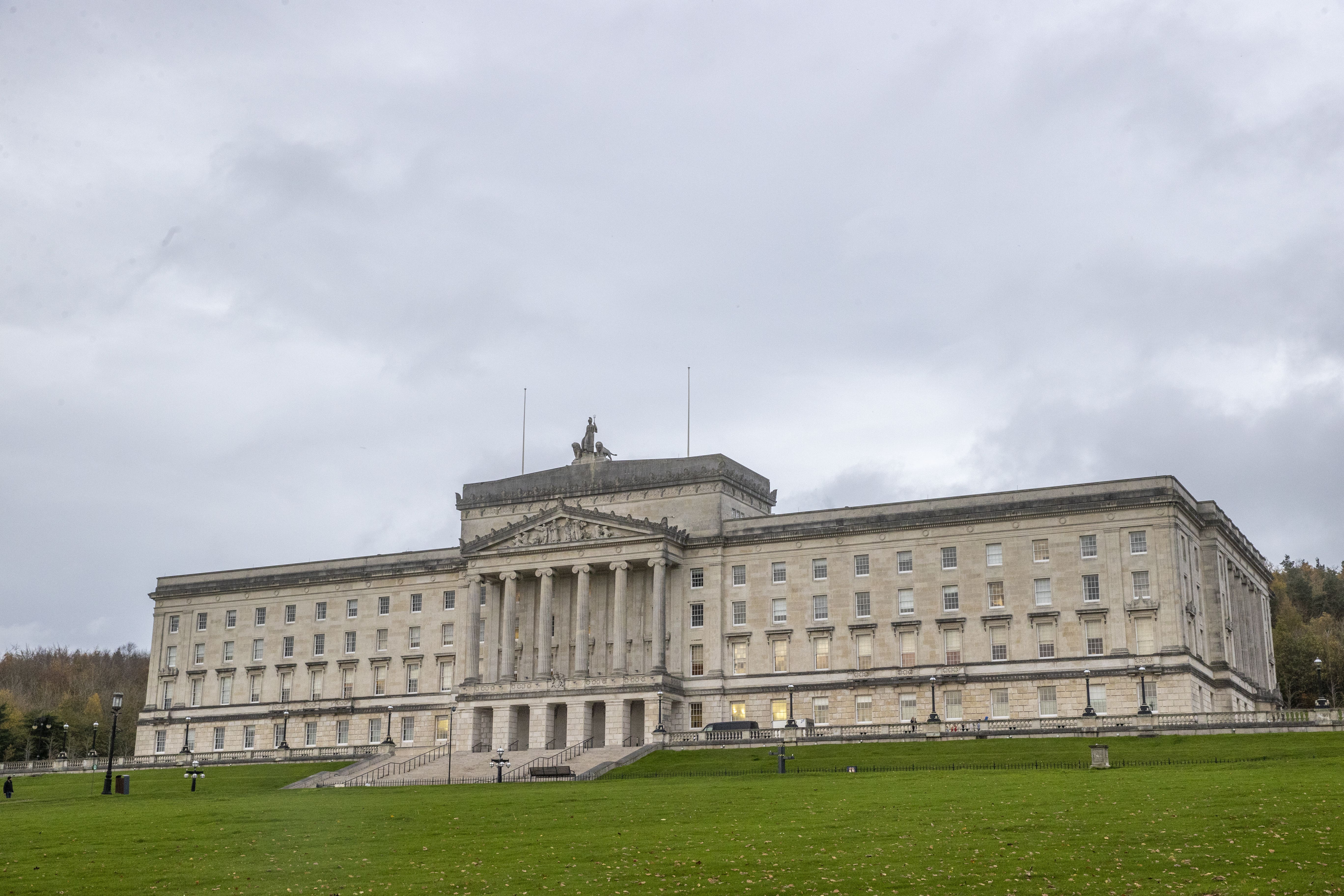Stormont collapse ‘meant opportunities to prepare health service were lost’
Stormont’s Health Minister Robin Swann is giving evidence to the Covid-19 Inquiry, sitting in Belfast.

Your support helps us to tell the story
From reproductive rights to climate change to Big Tech, The Independent is on the ground when the story is developing. Whether it's investigating the financials of Elon Musk's pro-Trump PAC or producing our latest documentary, 'The A Word', which shines a light on the American women fighting for reproductive rights, we know how important it is to parse out the facts from the messaging.
At such a critical moment in US history, we need reporters on the ground. Your donation allows us to keep sending journalists to speak to both sides of the story.
The Independent is trusted by Americans across the entire political spectrum. And unlike many other quality news outlets, we choose not to lock Americans out of our reporting and analysis with paywalls. We believe quality journalism should be available to everyone, paid for by those who can afford it.
Your support makes all the difference.Opportunities to improve the resilience of the health system in Northern Ireland ahead of the Covid pandemic were lost because Stormont was suspended for three years, Health Minister Robin Swann has said.
He told the Covid-19 Inquiry sitting in Belfast that health workers were in a “fragile, under-valued state” even before Covid had struck Northern Ireland in 2020.
A three-year political impasse had collapsed the powersharing institutions until they were restored in January 2020.
We did find our health service workers in a very fragile, under-valued state
Mr Swann told the inquiry that his immediate challenge on assuming office then had been dealing with industrial action by nurses.
He said: “That had broken down relationships across health and social care.
“It had also had a dramatic effect on the morale of our health staff and health workers in regards to what needed to be done.
“We did find our health service workers in a very fragile, under-valued state.”
Mr Swann said three years of non-recurrent single-year budgets for health between 2017-2020 had meant reform of services had not been possible.
The fragility just wasn’t how we were able to react, it was that lack of investment in our core service
He said: “If we had had a minister in place through 2017-2020, and the strategic direction, the funding, we could have had some of those opportunities, those transformational pieces of healthcare in place.
“So when it came to the steps we needed to take during lockdown we could have had some green-site hospitals already established in Northern Ireland, where we could have designated those for the procedures we needed to do that were normal red-flag emergency procedures, while designating other hospitals to be Covid centres.
“We didn’t have the opportunity to do that in the period between 2017-2020, so there was a lot of opportunity lost.”
He added: “The fragility just wasn’t how we were able to react, it was that lack of investment in our core service, that lack of investment in our healthcare workers and that had been 10 years in the making.”